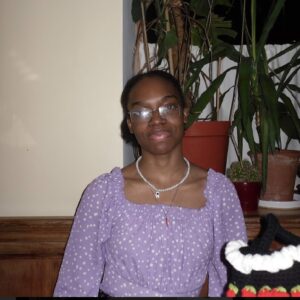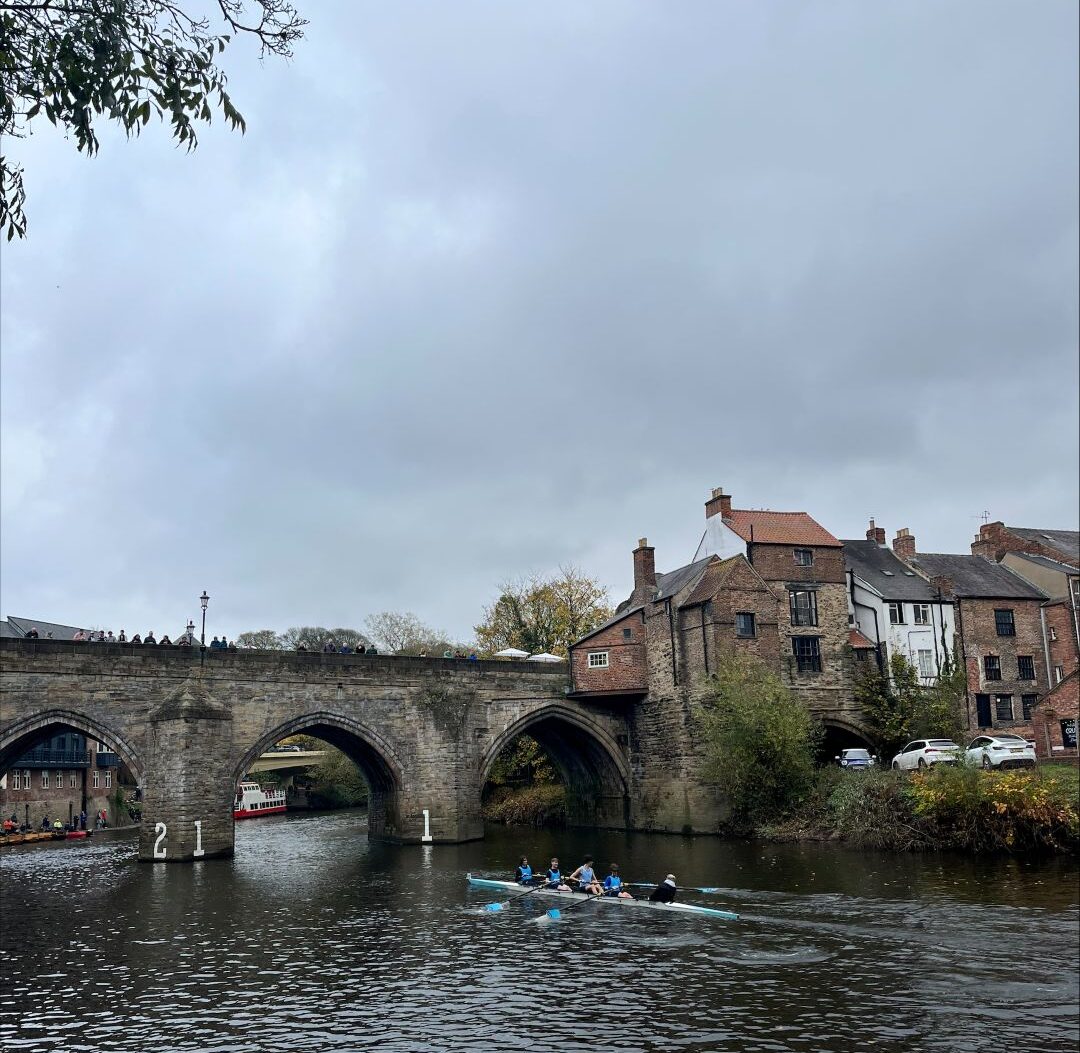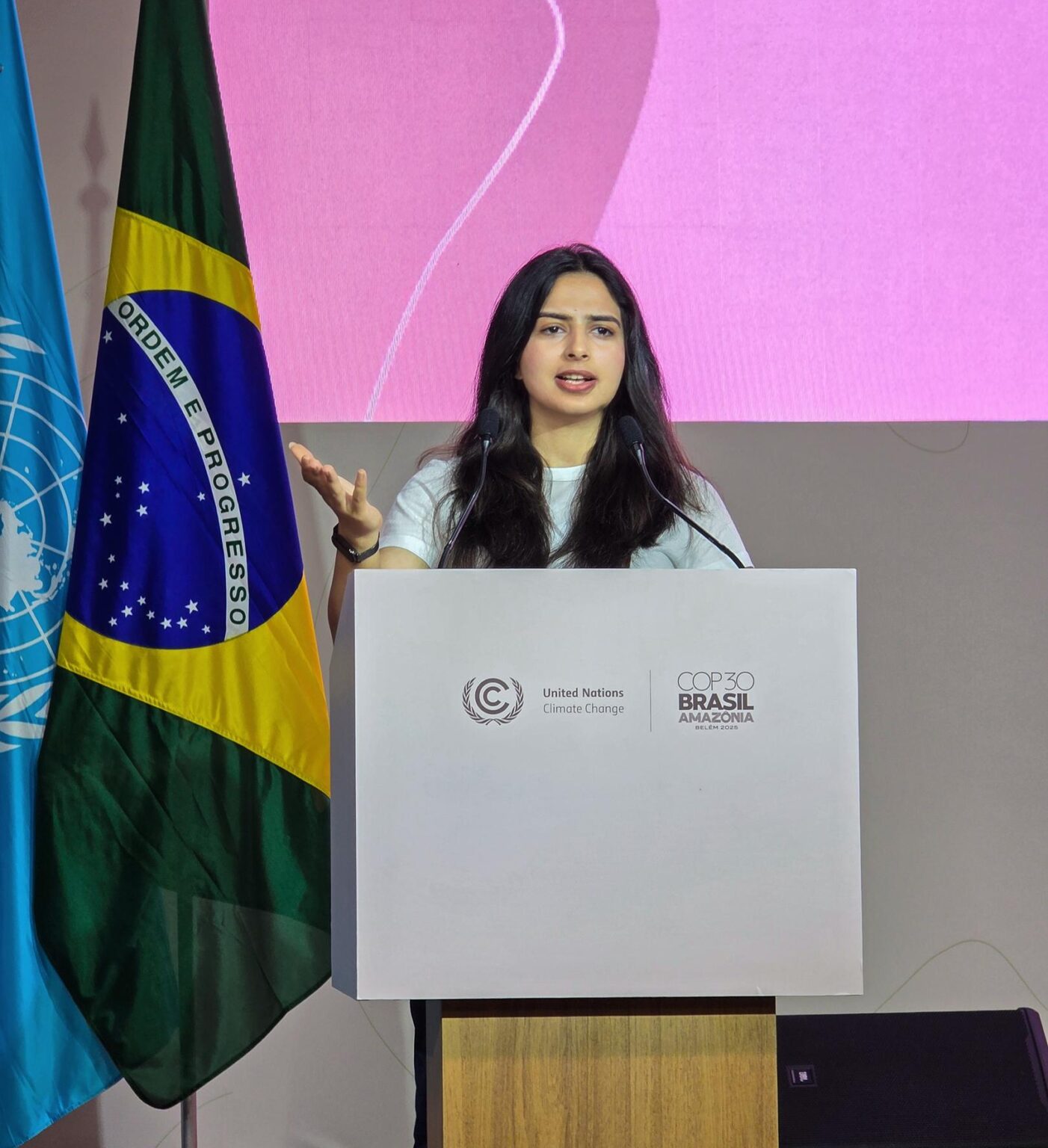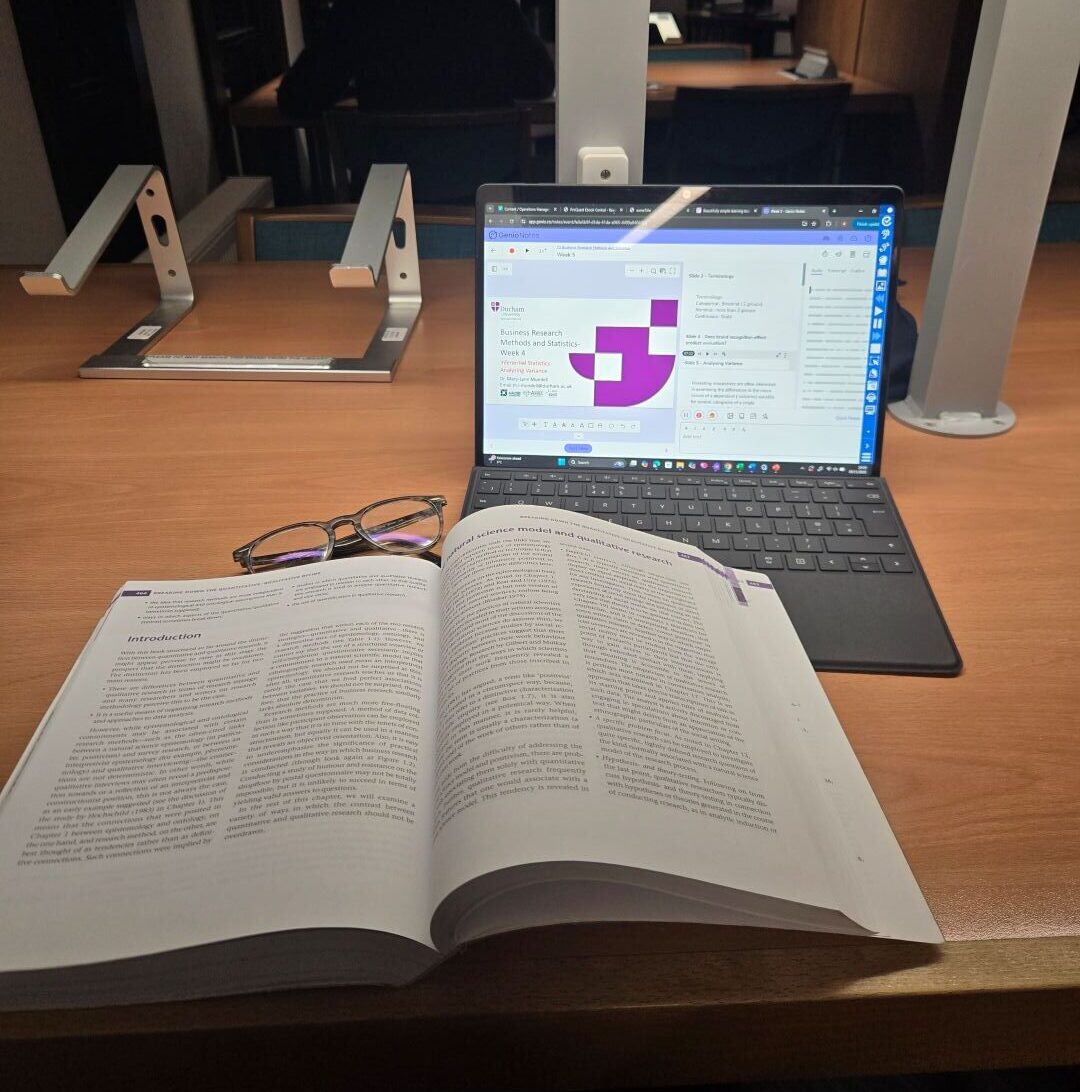The most impactful experience of my 4 years at Durham university has been my Postgraduate Placement at the Centre for Research into Violence and Abuse (CRiVA). I worked with a specialist service known as the Rape and Sexual Abuse Counseling Centre (RSACC) to review their outreach strategies and suggest improvements to better serve marginalsied women. It involved analysing demographic data and annual reports, comparing it with census reports from Durham and Darlington, and examining the practices of similar counselling centres both in the UK and the US. My goal was to contribute meaningfully to their mission of supporting survivors of sexual violence, particularly those from marginalized communities. Reflecting on my journey now, I realise how transformative this experience has been, both professionally and personally.
During my research, I reviewed the media and website pages of several counselling services and was really impressed by their innovative efforts to help women of colour seeking refuge from abuse. RSASS Bradford stood out with its dedication to accessibility for women with disabilities. Their website had dictionaries to explain technical terms, making it easier for everyone, regardless of their educational background, to engage with their content. This approach to inclusivity ensured that no one felt excluded because of language barriers or complex phrases. R.A.I.N.N in the US was another standout. Their social media was a model of how to engage with diverse audiences. They tailored content specifically to their target demographics, using the languages spoken by their audiences. This eliminated the need for translators and made their resources immediately accessible. Discovering innovative strategies and successful practices from organisations filled me with excitement. I was inspired by the idea of bringing these concepts to RSACC to enhance its outreach and support services. It was invigorating to see tangible examples of how other centres effectively addressed the needs of marginalised women.
One of the most positive experiences was the reception I got from my supervisors, Nicole Westmarland and Alice Nah, and the staff at RSACC. Initially, I felt a mix of excitement and apprehension, but as I got deeper into my tasks and received their support and encouragement, my confidence grew. It reaffirmed my belief that meaningful change is possible and that with the right strategies, RSACC could significantly improve its services and reach more women in need. This sense of hope was a powerful driving force throughout my research process.
Overall, I felt a deep sense of admiration and respect for organisations like the RSACC that strive to implement thoughtful and comprehensive practices. Their commitment to inclusivity, accessibility, and diversity was evident in their reception of my work and I take pride in being a part of this process.
Discover more
Feeling inspired? Visit our Sociology webpages to learn more about studying with us.
Create your own personalised prospectus here










